This Laboratory Professionals Week, we’re taking a moment to thank laboratory researchers, technicians, administrative staff and medical officers who are going above and beyond the call of duty to serve patients during the COVID-19 pandemic. Today, ACLA recognizes Maryann O’Toole, Acting Vice President of Operations of WestPac Labs, a Sonic Healthcare USA clinical laboratory in Santa Fe Springs, California. Every day, O’Toole and her team are working around the clock to serve the country’s most vulnerable patients, including nursing home residents and the homeless.
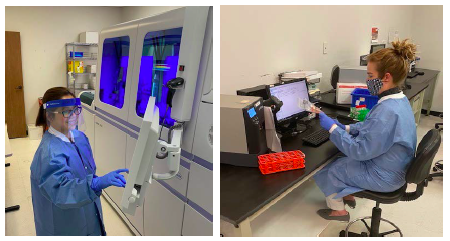
Over the past few weeks, Sonic Healthcare USA swiftly brought on additional testing platforms to meet the testing demands of vulnerable patient populations, like nursing home residents, the homeless and inmates. Medical and operational teams at WestPac Labs—a Sonic Healthcare USA clinical laboratory in Santa Fe Springs, CA—have been working tirelessly to support local governments, nursing homes, first responders and underserved populations by providing on-site resources and meeting logistical needs.

Maryann O’Toole, Acting Vice President of Operations of WestPac Labs, recently assisted the Union Rescue Mission in Los Angeles by working on-site alongside physicians to handle and transport specimens and deliver test results.
“I truly believe that as medical laboratory professionals, it is our responsibility to be ambassadors to all patients in need, she said. “We are not just known as a testing laboratory, but have become true partners and colleagues to our hospitals, communities, nursing homes, senior living facilities and our homeless populations.”
At the same time, O’Toole is leading and coordinating Sonic Healthcare USA’s national testing response for the nursing home population across all of their clinical laboratories. Through her unwavering commitment to quality patient care, O’Toole exemplifies the profound responsibility and dedication of a medical laboratory professional.
Thanks to the hard work and commitment of these lab professionals, Sonic Healthcare USA and their fellow ACLA members have performed more than 2.6 million COVID-19 tests to date.
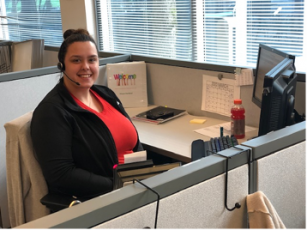

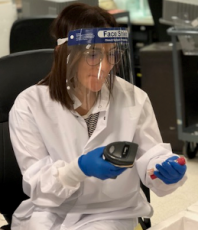
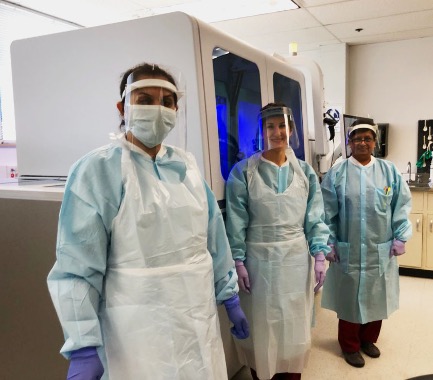
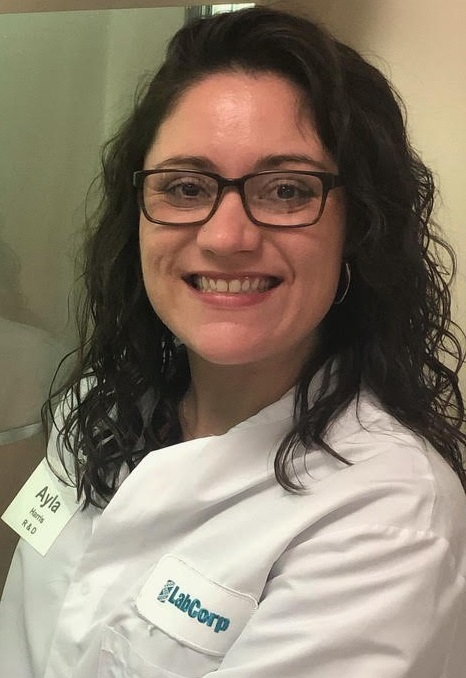
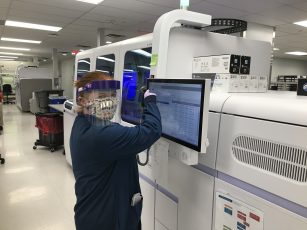
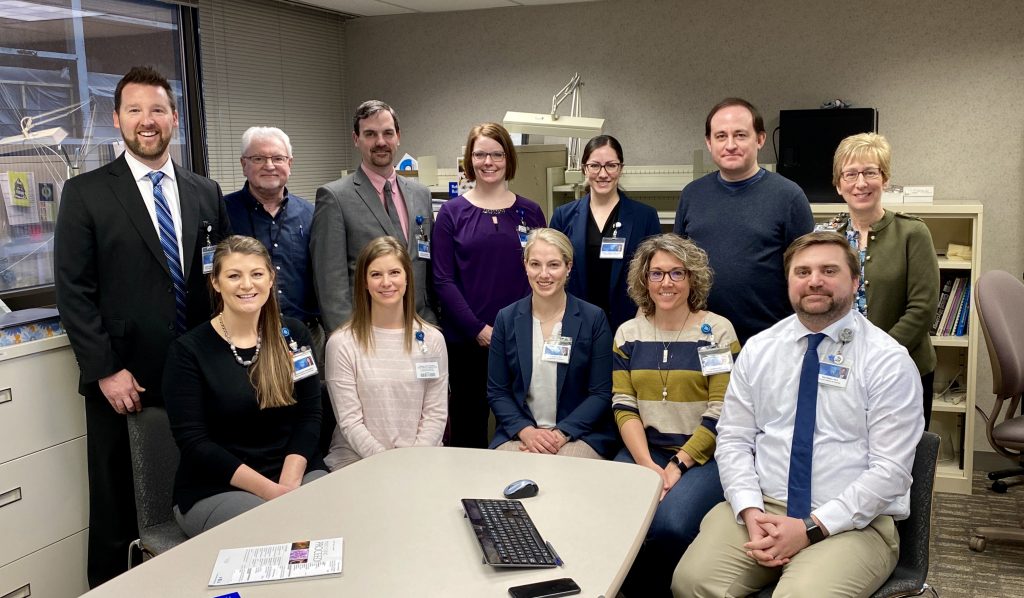
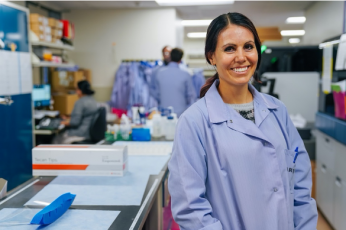 At first, Emilee wanted to be a math or physics teacher. Then, one semester shy of earning a degree in microbiology, she learned about a medical laboratory science program. Fast forward 15 years, and she is now a medical laboratory scientist and a teaching specialist in ARUP’s Molecular Infectious Disease (MID) Lab. “I guess you could call it coming full circle,” she says. “I love helping people understand things.”
At first, Emilee wanted to be a math or physics teacher. Then, one semester shy of earning a degree in microbiology, she learned about a medical laboratory science program. Fast forward 15 years, and she is now a medical laboratory scientist and a teaching specialist in ARUP’s Molecular Infectious Disease (MID) Lab. “I guess you could call it coming full circle,” she says. “I love helping people understand things.”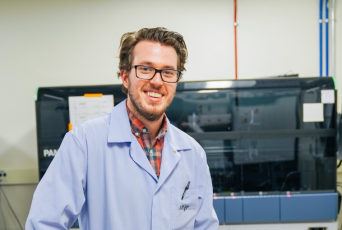 Chris has learned to be responsive in his role as a certified technologist specialist in ARUP Laboratories’ Molecular Infectious Disease (MID) Lab. That ability was never more important than when he and his colleagues learned that they had five days to bring ARUP’s COVID-19 molecular diagnostic test online.
Chris has learned to be responsive in his role as a certified technologist specialist in ARUP Laboratories’ Molecular Infectious Disease (MID) Lab. That ability was never more important than when he and his colleagues learned that they had five days to bring ARUP’s COVID-19 molecular diagnostic test online.